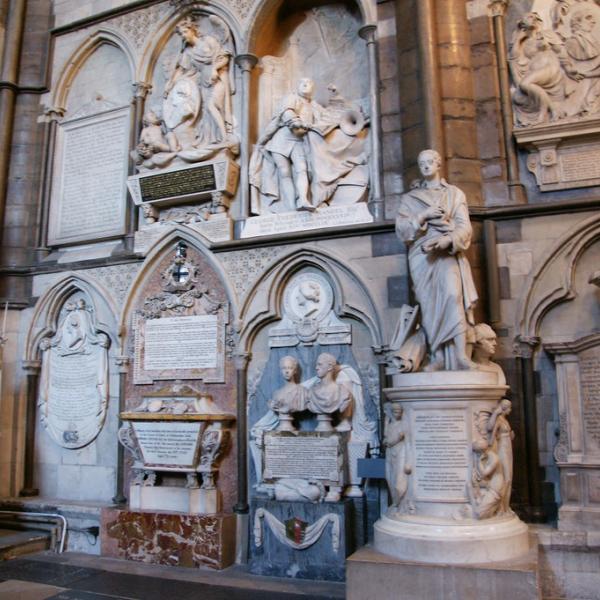Literature and Politics
As in most English departments, we work on the politics of reading as well as writing. Our concerns verge on issues of sexual and textual politics, on cultural history and theory, on ideology and the ends of literature as imagined by writers (nation, peace, war); on notions of the public (sphere/s); and on questions of community or division (including race and ethnicity). More than most, we also focus intensely on the cultural repercussions of "politics as such": party, interest group and faction, polemic and censorship; involvement of writers in bureaucracy and the machinery of government, courts, or law courts; the sponsorship or suppression of literary work by government (or opposition); and actual political participation by writers, as politicians or propagandists. We work across the English-speaking world, from Anglo-Saxon times to the present. Specific faculty interests include notions of a textual public, pre-printing (Lawton) or post (Loewenstein, Zwicker); literature's relationship to early modern political forms and questions of legitimacy (Schmidgen); a politics of modernism, combining research in political history and theory with attention to the impact of politics on literary practice and poetics (Sherry); African-American literature and the transatlantic politics of radicalism and anti-radicalism (Maxwell).
Faculty Experts

